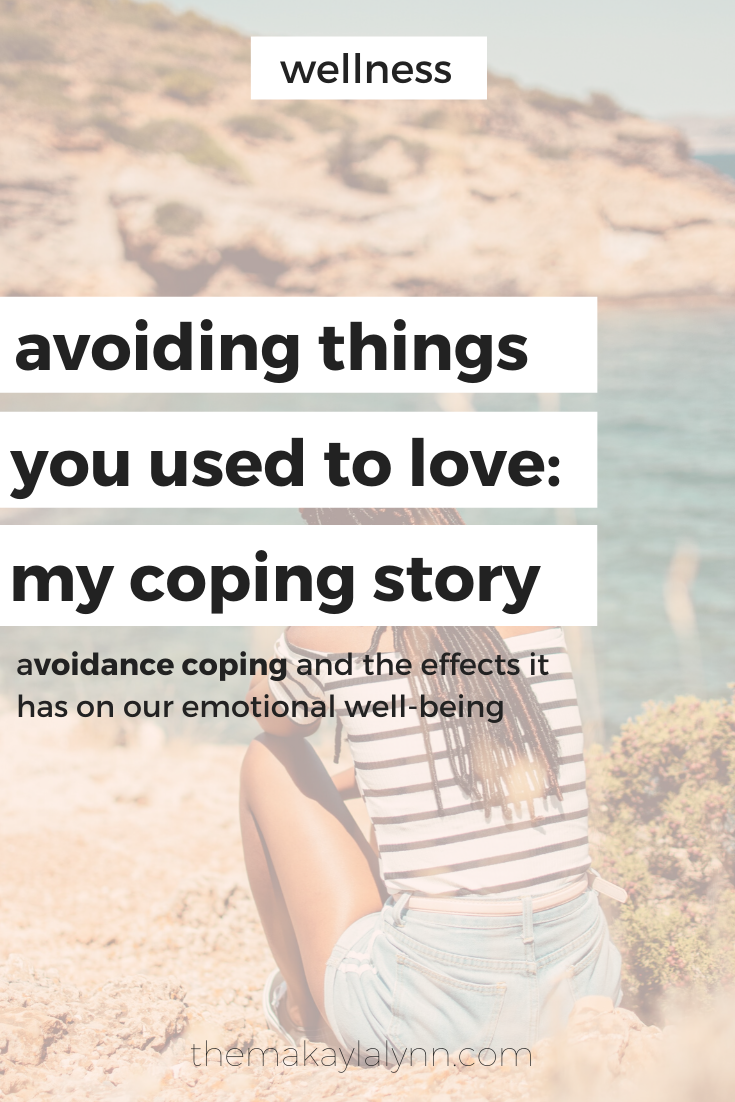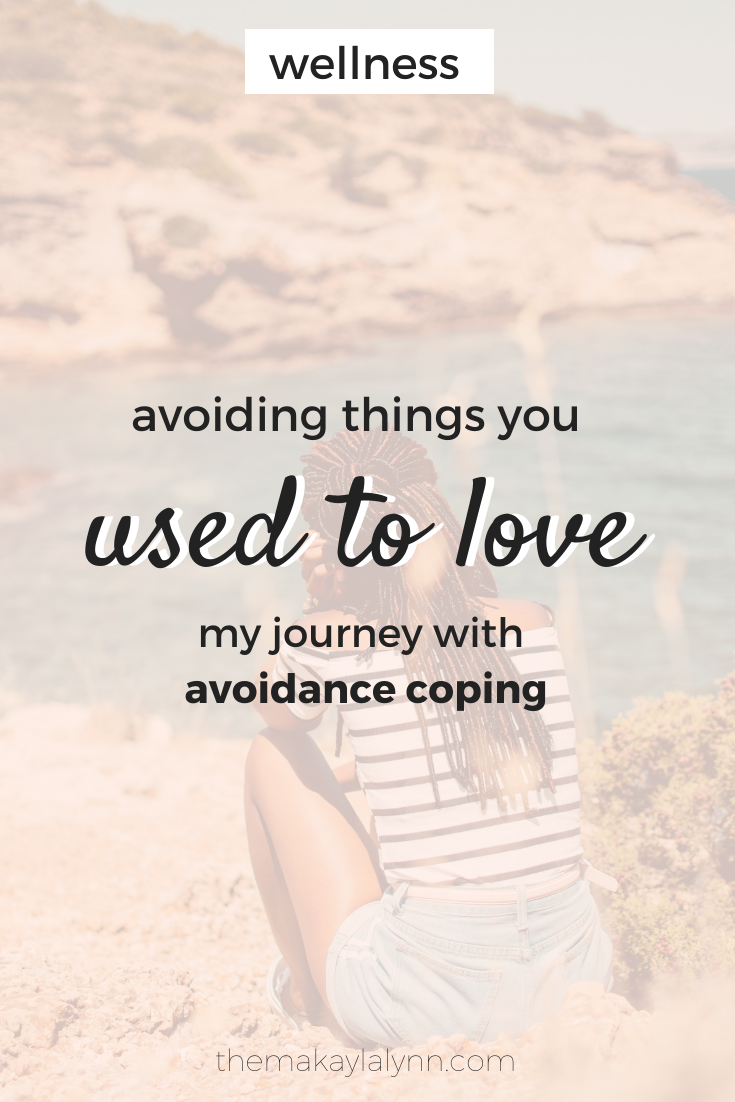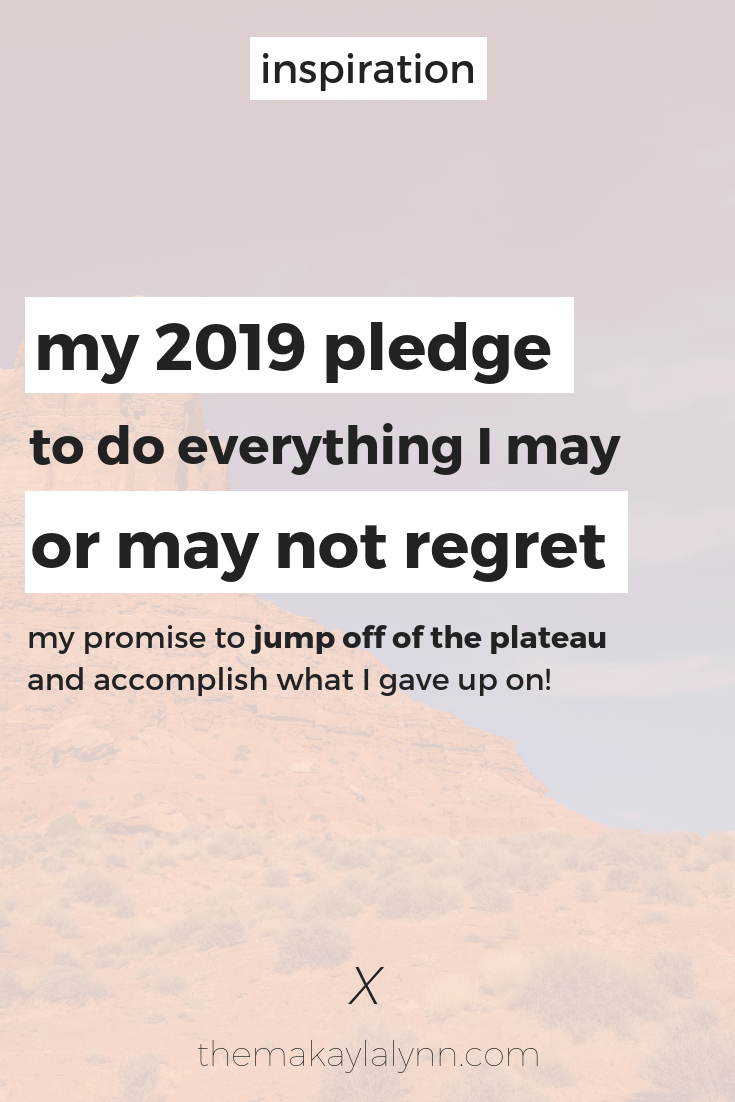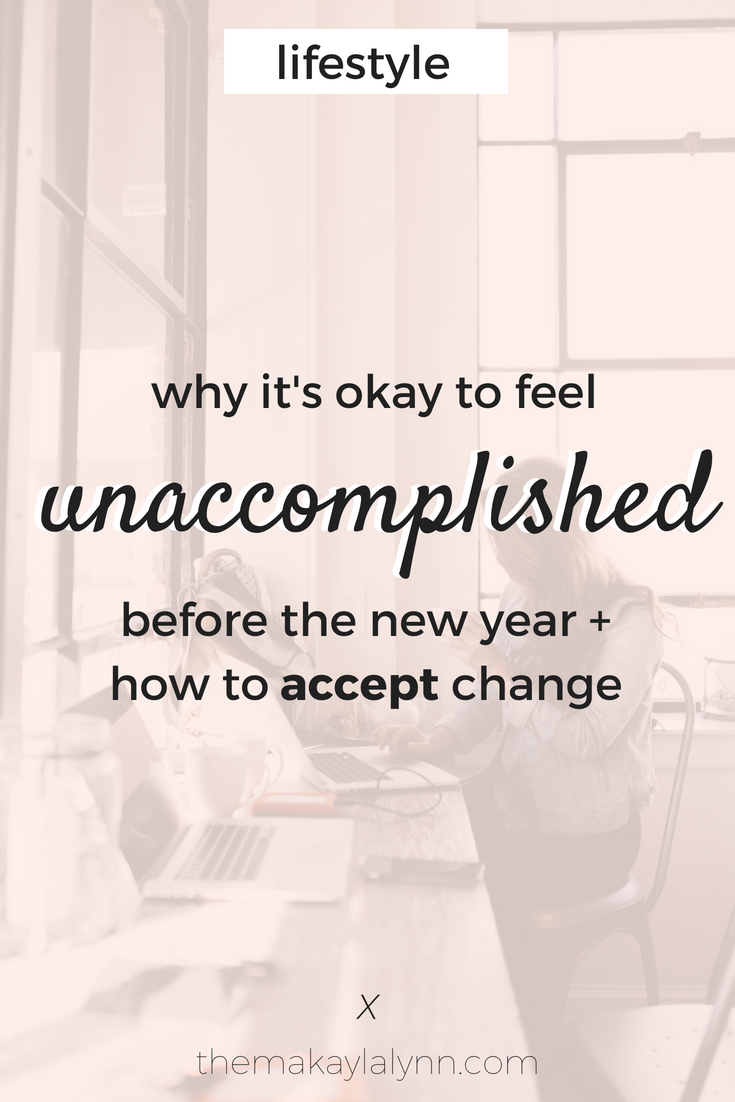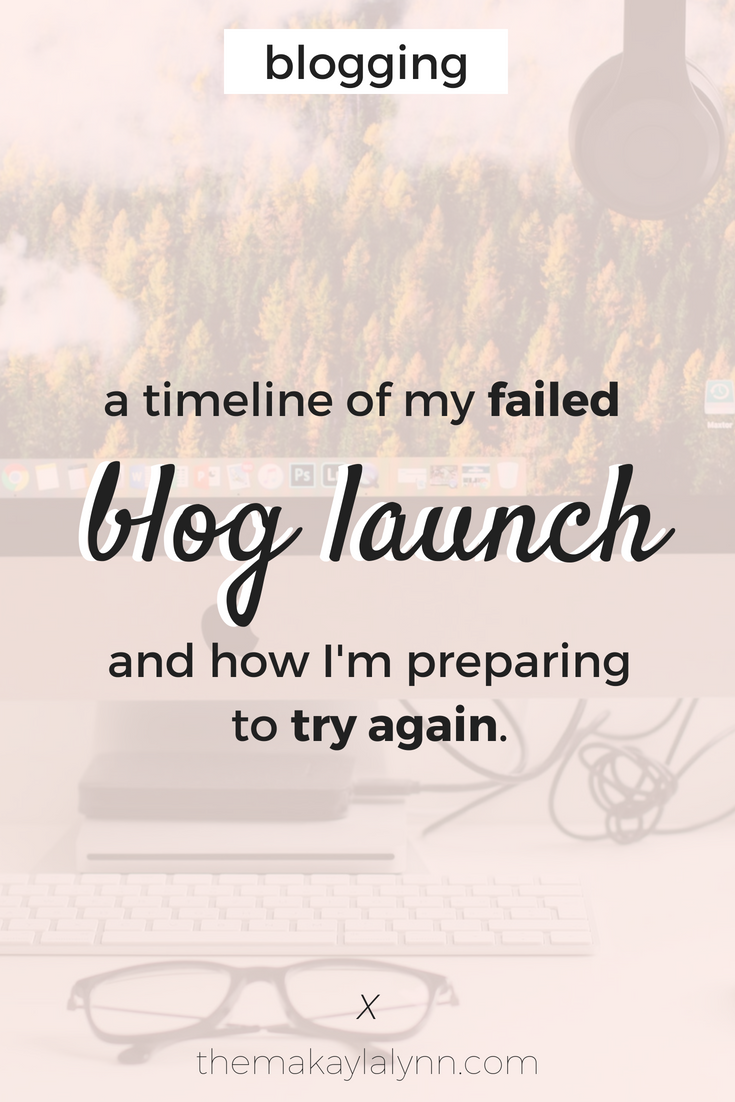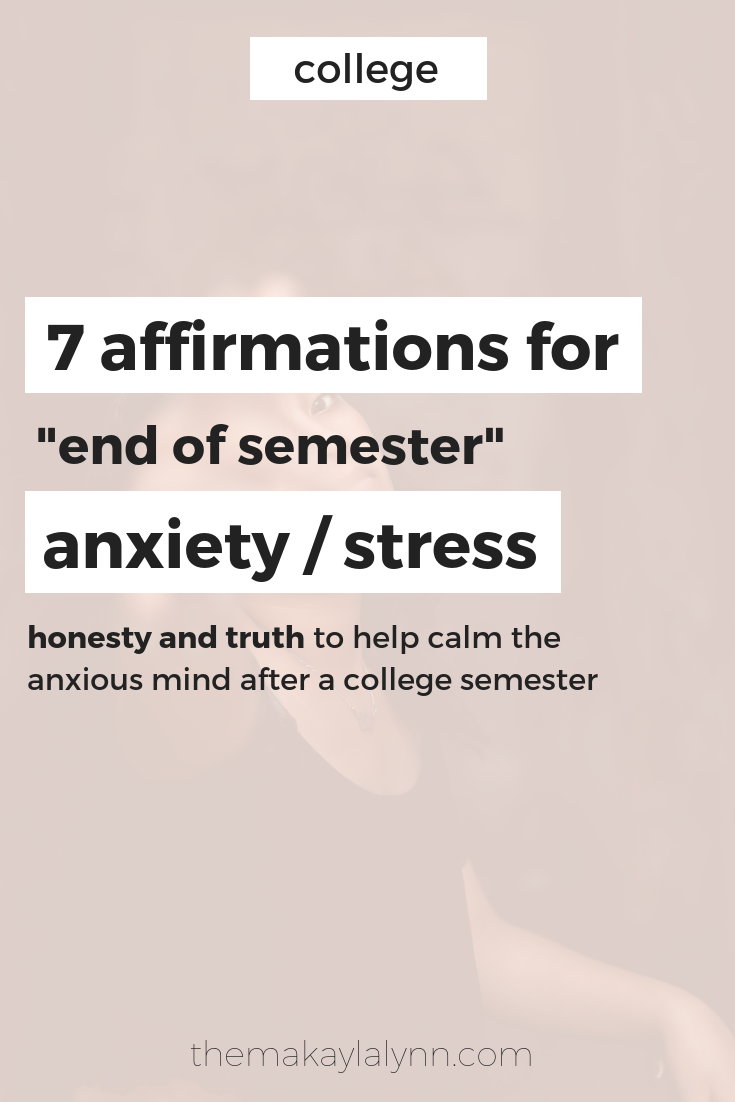Avoiding Things You Used to Love: My Coping Strategy Story
Avoidance Coping is a maladaptive form of coping that involves changing our behavior to try to avoid thinking or feeling things that are uncomfortable, as described by VeryWellMind.
In short, Avoidance Coping is masked under the term “procrastination,” but with far more emotion and trauma attached to its origin.
I would like to consider myself an “avoidant cope-er” (is that a thing?) but find more of my identity in the twin phrase, “escape coping.”
I tend to escape from responsibilities, even if enjoyable, that look like they could land me directly in the middle of uncharted territory.
For example, I stopped blogging for a very long time. Why?
I was escaping the idea that hard work could actually land me somewhere I would love to be, but might not be well-equipped enough to handle the drastic change in lifestyle.
It’s as if I was afraid of success (which is a real thing) because success brings more responsibility and ten times the amount of accountability—see where I’m going with this?
If you identify with this specific coping mechanism, I hope my transparency in this post can inform you just as much as it settles your spirit. You’re not alone, and the concept behind this coping strategy is nowhere near foreign. Your best friend could be in the same position without the know-how to define or express their situation.
With that said, sit back, relax, and try not to avoid this post by clicking away… (Too soon?)
To me, VeryWellMind broke down avoidance coping in the best way and will remain as my preferred reference for this post. If you want to learn more, click here to check out the full article.
VWM (VeryWellMind) noted that the central origin of avoidant coping is stress. Although this may be the obvious answer, it’s fascinating to learn that those who are under a great deal of stress choose to forego the tasks/responsibilities that are causing their discomfort.
I am one of “those” that can be found escaping clear-cut solutions to my problems. You would think that writing a blog post, something I used to do instead of sleeping (because I loved it that much), would be “easy” to do.
Nope.
For me, in recent months, writing a blog post was the one thing I WANTED to do but was too overwhelmed to complete. It was as if the one small task I assigned myself in my planner, “write a post (any post),” was more difficult than preparing for the SAT’s.
For a while, I would even refrain from opening my to-do list altogether. Knowing how much time was passing as I allowed my responsibilities to tower over my day left me feeling both dejected and unaccomplished.
VWM also noted the correlation between avoidant coping and anxiety, which could also be a distinct pairing. Those that live with active anxiety know how their mind works when they’re at their most anxious, typically involving the choice to stray from what causes any form of inflammation (i.e., their “to-do list” or new experiences/people).
This leads to one of the more dangerous cycles that break us all down from time to time, the “persistent pain.” The pain that comes back again and again, in the form of emotions or physical sensations, without fail.
The well-known saying, “what you resist, persists” couldn’t be any more of a threat than it is to those that run from discomfort. Not only is it a threat, but it’s a promise our brains and nervous system can keep without our consent (unless re-trained or new behaviors are re-learned).
the downside
“The downside” is a much better title instead of, “why this is dangerous and should be treated or acknowledged as fast as humanly possible.”
The downside to avoidance coping is the threat I mentioned above. The danger of persistent pain and an ongoing battle with what scares you.
What we often cause when we avoid life, in whatever way shape or form, is a growth in those problems.
So, let’s say I refuse to publish a blog post for three months. This means fewer views, less interaction, and a loss of valuable time to effectively promote my blog. Nothing remained the same after I chose to leave. Instead, I doubled the workload that my current self (or future self three months ago) has to do to move forward and meet specific goals.
In short, my future self will always be exactly where I was months in the past if I choose to resist (what will persist). If that isn’t the most saddening realization, what is?
Another major downside mentioned in VWM was the effect avoidant coping has on relationships (specifically close friendships). To keep things simple, I’m sure you understand the repercussions of not communicating for months at a time with any close friend you have at the moment. The outcome may not be catastrophic, for some, but it sure isn’t a viable option when you desire a close-knit friendship built on loyalty and reciprocation.
the upside
I WILL add that I’ve experienced an upside that VeryWellMind mentioned and even praised (for about 2.5 sentences out of 500 or so, lol).
Surprisingly, many of us’ adorable avoiders’ (our official team name) can be steps ahead of those that overwhelm themselves with TOO MUCH on their daily plate. So, in short, the one main upside is the presence of physical and emotional boundaries.
I can attest to this concept and appreciate myself for not being the kind of person that works herself to exhaustion. Many times, although anxiety may be in the picture, people feel the need to do “it all” as soon as possible. Many continuously “do” without much thought to the effect it has on our bodies.
To me, this is why the “self-care” movement is in demand and thriving with its growing cult fanbase. Yes, self-care is necessary and deservedly a staple topic on my blog amongst others—but it’s not an excuse to live in chaos. The best bath bombs in the world can’t erase the effects of burn out.
My point is, setting clear-cut boundaries is a gift not many can grant themselves in their personal, professional, or home life. Like many others, I’m currently working on distinguishing between “it needs to be done” and “it should be done, just not now,” in my daily life. I hope you can as well, or at least attempt to re-learn healthy boundaries that aren’t guilt-inducing.
Don’t avoid your life because of your growing responsibilities. Instead, set healthy boundaries to manage your life so actually “living” isn’t a guilt-inducing choice. Share on X
Many of the posts I share with you all are letters to my past, present, and future self. I may be thriving, but I desperately needs some guidance.
If you identify with this specific coping mechanism, let me know in the comments down below. Include some helpful life hacks for your peers, and share this post with others to spread the love.
I can be found on social media @themakaylalynn if you ever want to have a conversation surrounding ANY of my posts. I'm here for you.
Thank you all for your continued support. Cheers to re-learning and reviving.
As always, Live (and be present) Intentionally.
xoxo, Makayla Lynn
